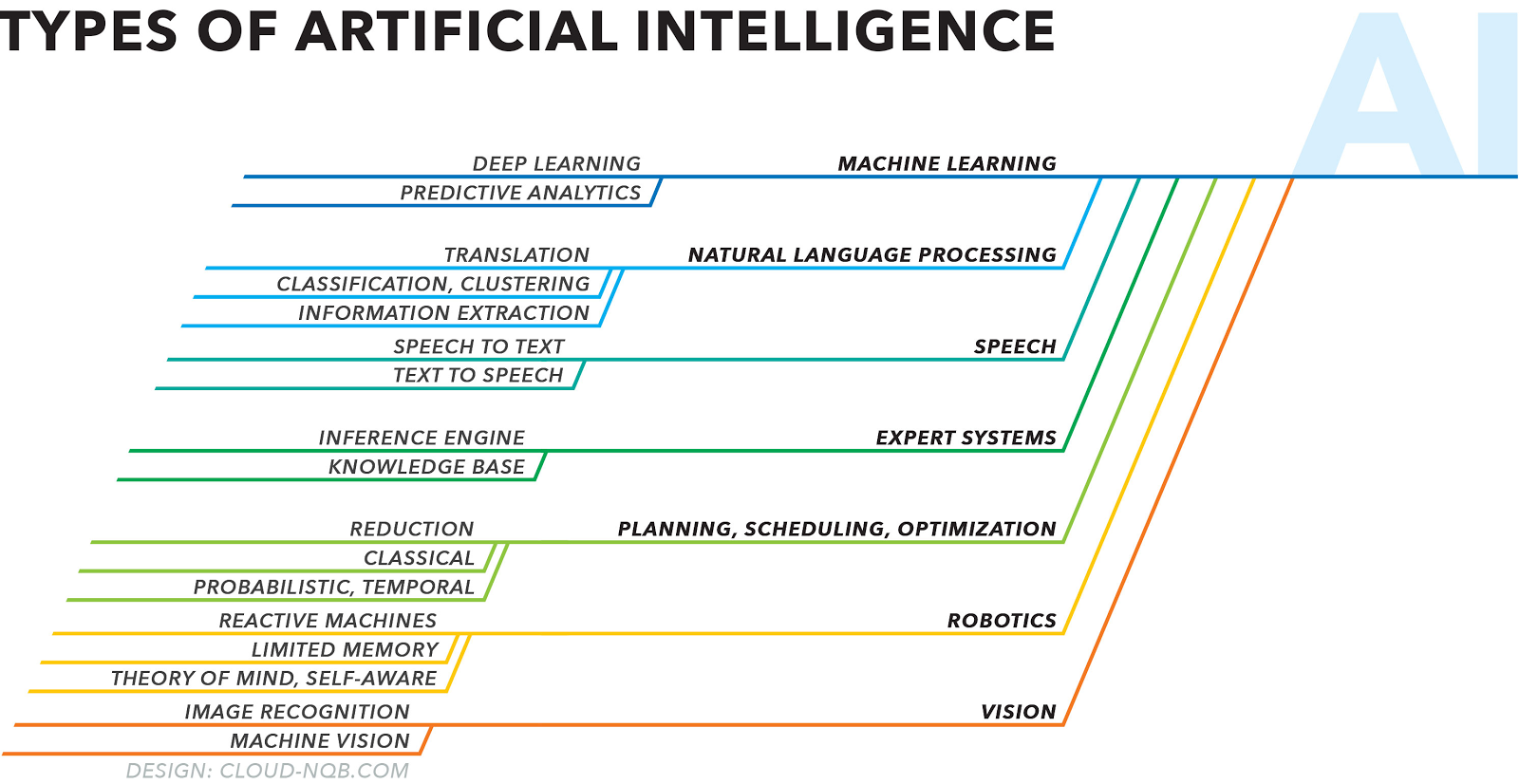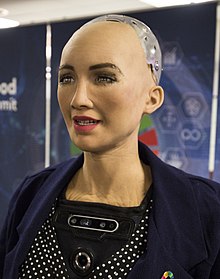A few thoughts on arguments from authority and fanboyism.
Penrose knows about quantum, if anybody does. You want to call him a crank?
Firstly, Penrose is primarily a mathematician rather than a physicist. That is not to say that he knows nothing about physics.
As for his "crankiness", he is on record as holding views about physics and artificial intelligence and quantum biology that most experts in those fields do not agree with. For instance, from what I've read, his pet theory for attempting to unify gravity and quantum mechanics is "twistor theory". Although I am not an expert in this particular area, it strikes me that twistor theory is not widely considered to be the best candidate for a Theory of Everything. There's a lot more work on String Theory, for instance, and Loop Quantum Gravity. The impression that I get is that twistors are "fringe".
Similarly, Penrose has written several books in which he asserts that artificial intelligence is impossible. The vast majority of experts in artificial intelligence disagree with him, which makes his views on artificial intelligence "fringe" as well.
Now, one of the
reasons he thinks artificial intelligence is impossible is because of his theory that consciousness and intelligence require
quantum processing in the brain. That is a view that is also "fringe", in neuroscience, in physics and in computing. His whole suggestion that the necessary quantum processing might occur in microtubules is unproven speculation. Worse than that, my impression is that most experts in the microtubular biology or biophysics appear to think that his hypothesis is implausible, for various reasons. Which, once again, puts him on the fringe.
Penrose is a smart guy. It doesn't appear to concern him that he's considered something of a maverick; he might even like that label, for all I know. He's been happy to pursue his own idiosyncratic research interests while the various mainstream research communities keep making progress largely without his input.
So, is Penrose a crank? I wouldn't put that particular label on him. When he does physics or maths, he isn't
pretending to do it, like a lot of cranks are. I would go so far as to call him somewhat eccentric in some of his pursuits, however. And that's not to disrespect him.
Not by me. I merely post links by recognized scientists who address the issue. Talk to Penrose if you feel qualified.
Can you lecture Penrose on Quantum Mechanics? Can you tell him he is a charlatan and a woo peddler? Have at it.
How about you, Write4U? Are you confident that you're equipped to evaluate whether Penrose's ideas on quantum processes in microtubules have any scientific merit, beyond speculation? Can you lecture the rest of us on quantum mechanics or twistor theory, perhaps? How's your neurobiology?
I merely raise the question because you are extraordinarily enthusiastic about Penrose's idea. I hope it's because you've carefully evaluated the alternatives and applied the necessary expertise to sort the wheat from the chaff, but I fear it may be more a case of your wanting to root for the maverick.
Question: are you a neural scientist?
I ask because your statement that we do not hear much about microtubules? Where have you been?
Google "microtubules". I think you'll find maybe 10 pages of links to scientific studies of microtubules and what they do. This is not old science, it is new science.
I think it's
probably fair to assume that none of us here is a neuroscientist. I'm not. How about you?
Sure, there are lots of references to microtubules, but most of them have nothing to do with quantum mechanics or consciousness. They are, if I understand it correctly, commonplace structures found in every cell, after all. No doubt there's also a lot of woo about them on the internet, too - just like there's a lot of woo about other fringe notions. (Hive minds, anyone?)
I'm sure you consider Daniel Dennett a woo-monger?
Okay. Let's do Dennett, too.
Dennett is primarily a
philosopher. He is not a biologist, a mathematician, a physicist or a neuroscientist by profession. I don't know what his views on microtubules are. If I had to guess, I'd venture that he's rather more cautious about any possible role they might play in consciousness than you are. For starters, I'm confident that he has a good idea what he
doesn't know. That would make him less likely to come out as an enthusiastic spruiker for quantum consciousness in microtubules. (I could be wrong, of course.)
----
The other name that keeps popping up in this context is Hameroff. I don't know much about him, so I'll leave him to others.
Here's what I think. I think that some people find the idea of "quantum consciousness" attractive precisely because it is a "fringe" topic. It has all the usual attractions of woo. It can be all things to all people. Maybe it allows ESP! Maybe it means we're all part of a "hive mind"! Maybe it means we can tap into information at a distance, like clairvoyance! Maybe it gives us superpowers! Maybe it explains "the soul"!
Also, it nicely fits the narrative of the Evil Establishment suppressing the mavericks who are only trying to get to The Truth. Why is Penrose on the fringe? It must be because the evil neuroscience (or physics, or computing) establishment types feel so threatened by his ideas (or their jobs or income are threatened, or whatever) that they have to go to desperate lengths to ignore him, or to shut him down, or to ridicule him. And the Brave Souls who rally around heroes like Penrose - rooting for the little guy against Big Science - will be proven right one day! So, go Penrose! Rah rah rah. Microtubules are King!





